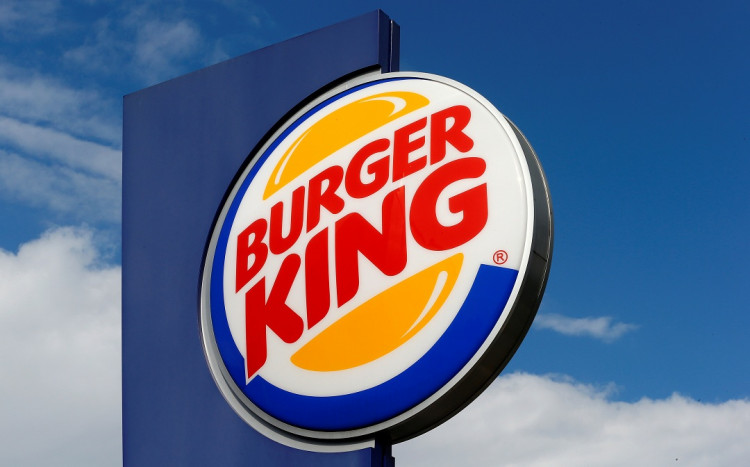US fast-food retailer Burger King has partnered with British-Dutch consumer goods company Unilever Plc for the rollout of its meat-free Whoppers in Europe. This week, the company started to roll out its new plant-based Rebel Whopper in 25 European countries as part of its efforts to establish a foothold in the growing plant-based food market.
For its new plant-based product, Burger King will be using Unilever's plant-based artificial meat produced by its meat-free brand called The Vegetarian Butcher. Under the deal, Unilever will be supplying the US restaurant chain with plant-based patties for its Rebel Whopper across its 2,500 stores in Europe.
Burger King currently has restaurants across European countries such as Spain, Italy, Poland, and Germany. This week's Rebel Whopper rollout is the company's biggest product launch in Europe. According to Burger King's parent organization, Restaurant Brands International, the launch of its Impossible Whopper in North America has been one of its most successful launches ever. This drove it to further explore partnerships for similar launches in its other global markets.
The company's head of operations in Europe, Asia, and the Middle East, David Shear, mentioned in an interview that the company is trying to take advantage of the increasing demand for plant-based products across the globe. Meeting that demand is one of their biggest priorities and the European launch is just the start of its planned global launch.
Unlike other plant-based alternative products launched by competitors, Burger King is selling its Rebel Whopper at the same price as its real meat counterparts. In the United States, meatless products are usually priced around a dollar or higher more than its real-meat counterparts. In its home country, Burger King currently sells its meatless Whoppers around a dollar higher than its normal Whoppers. The company's patties in the US are supplied by Silicon Valley-based firm Impossible Foods.
Before its major European launch, Burger King had been testing different versions of its Rebel Whopper in the region. In the past summer, the company launched a prototype of the product in Sweden in partnership with Dutch artificial meat producer Vivera BV. After its testing, Burger King eventually chose to go with Unilever for its European launch.
Fueled by the increasing awareness of the environmental impact of industrial animal farming and the growing health and fitness trend, plant-based food companies such as Beyond Meat and Impossible Foods are experiencing massive growth both in Europe and the United States. Unilever is a relatively new player, but it can leverage its weight to likely become a major competitor in the space in the coming years.






